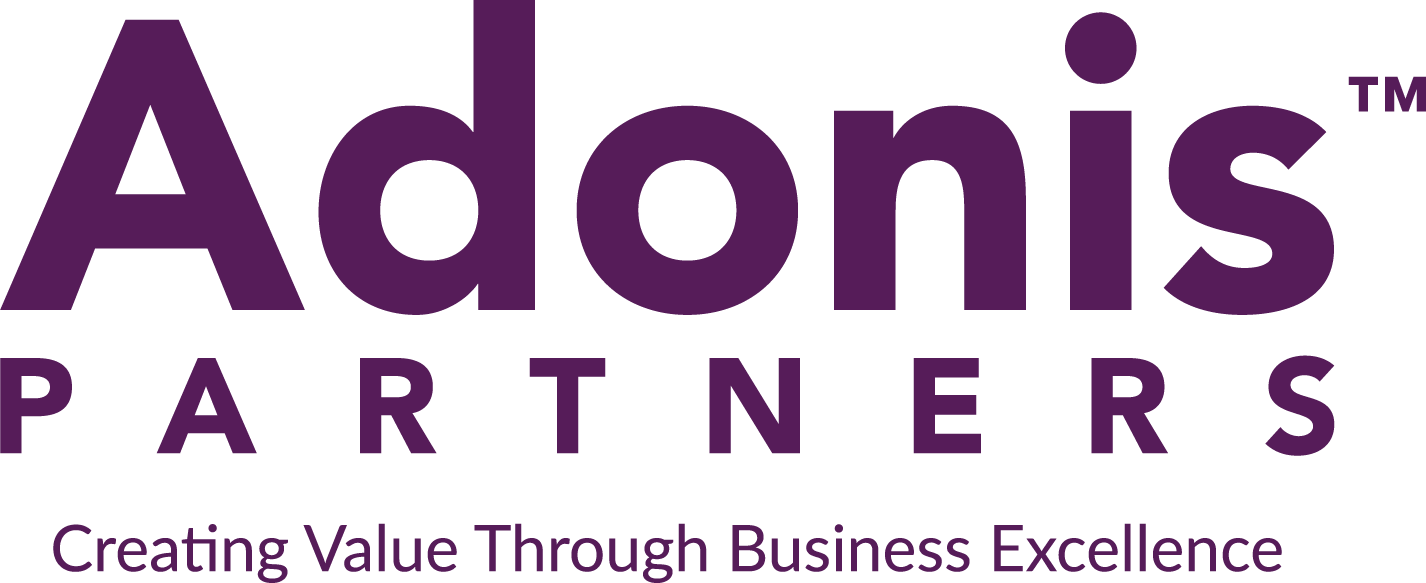
What is a Discovery Assessment?

A discovery assessment is a structured process that aims to gather information and insights broadly about an organizational function, or more specifically, about a known challenge or pain point. It helps provide a better understanding of the current state, identify goals and requirements, and define a scope of work – with the most important outcome being the identification of key levers for creating value for the organization. The potential for value creation often lands between 5% and 25% of operating costs – depending on the scope and any improvement history.
The benefit of a discovery assessment is it explores and uncovers key information that will inform the subsequent planning and execution of the changes needed to reach desired goals. It also helps stakeholders and project teams align their understanding, clarify objectives, and identify potential risks and challenges.
During a discovery assessment, various activities may be conducted, including, but not limited to:
- Stakeholder Interviews: To understand stakeholder perspectives and expectations, and identify key areas of focus, sources of data, and subject matter experts to be consulted in the assessment.
- Data Gathering and Analysis: Information is collected from various sources, such as existing documentation, reports, data analysis, surveys, focus groups, and benchmarks. This data is then analyzed to identify patterns, trends, and areas of improvement.
Current State Process Mapping and Analysis: Existing processes and workflows are mapped out to visualize how activities are currently being performed. This helps in identifying inefficiencies, waste, and areas for improvement.
Future State Vision: A session with the team to identify how the process should flow in the future, taking into account the areas for improvement.
Road Map & Risk Assessment: Actions needed to bring the future state vision to fruition are planned out – to know who will achieve which tasks by which dates. In addition, potential risks and challenges are identified and assessed to understand their potential impact on the project.
Change Management Readiness and Planning: This involves understanding user perspectives to help identify the readiness for change as well as the potential interventions for driving sustainability – whether it’s communication, training, performance management, or a combination of levers, to achieve the desired outcomes.
Discovery assessments have the potential to jumpstart a transformation – whether it’s taking an organization, a team, or a process from good to great.
At Adonis Partners, we take a tailored and customized approach during our discovery assessments to provide a clear and reliable plan of action to implement the change needed to help our clients eliminate waste and improve efficiencies in order to identify the key potential opportunities for value creation.


